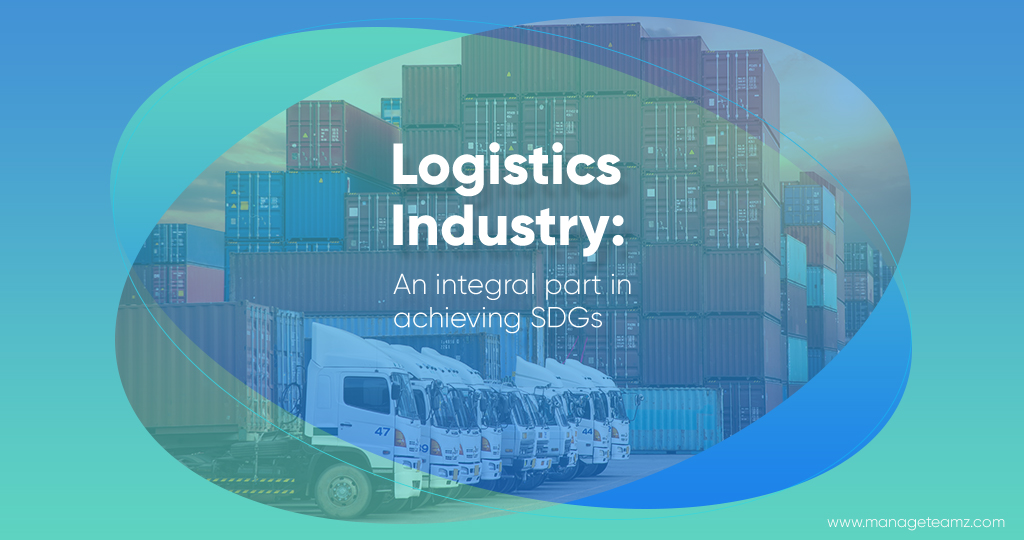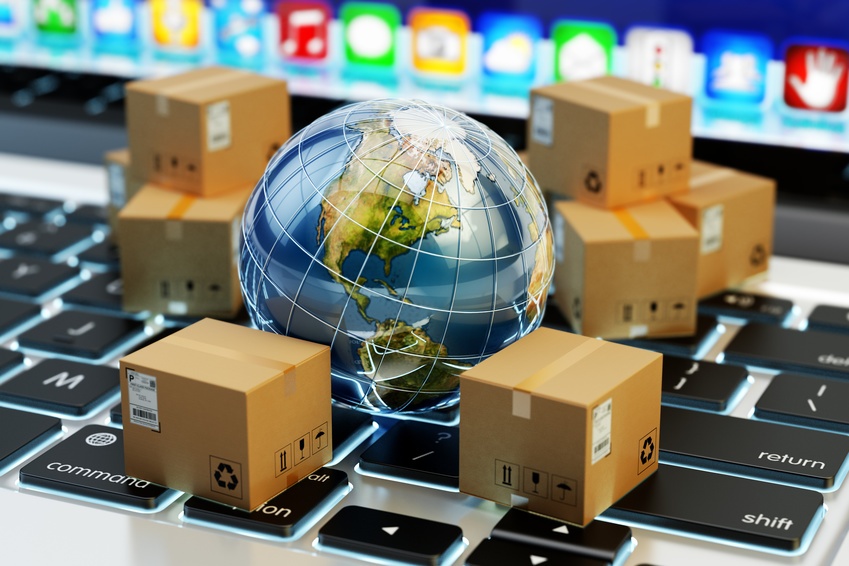The logistics industry will soon reach 12 trillion dollars, and honestly, we are not shocked about it. The industry has been a key player in maintaining bilateral relations among different nations. People often overlook the importance of the logistics industry in global resource management and accumulation.
The impact of logistics operations to achieve global Sustainable Development Goals(SDG) is not to be taken lightly. The 17 SDGs proposed by the United Nations is the bigger picture towards which all nations should move.
However, a report from the UN found that there is little to no progress, and countries are not on the right track to achieve these SDGs. The report also said that,
- Transformation at the surface level is not making enough impact.
- We need a deep-rooted change and participation from different sections of society.
- An efficient way to achieve SDGs is to streamline the logistics sector as it is connected with every industry in the market.
Let’s address the burning question – Does logistics have an impact on Sustainable Development Goals?
It may sound bizarre, but logistics is like the central piece of the puzzle. Logistics operations are an integral part of different industries. In supply chain management, logistics plays an integral part as it is embedded right from procurement to processing to packaging to delivery.
The core of the SDG is to be resource conscious. Efficient use of resources can help achieve a lot of SDGs among the 17 listed. A global vision is much needed given the present conditions. However, the problem lies not in the vision but in the implementation. To implement a global vision is to level the playground and accommodate the existing resources to different parts, leading to uniform growth of the industry.
With such practical difficulties, a central system cannot work efficiently unless the distribution channels are refined. And you guessed it right, logistics operations are the distribution channels that need to be streamlined!
What is the easiest way to streamline the logistics industry?
Leveraging technology is the easiest way to optimize the industry. We all know the nature of this industry. Most of them are pretty much unorganized. The workforce in the logistics industry is scattered. The size of the industry is also too big to reform immediately!
The solution is to organize and accumulate data, robust hierarchy or structure, workforce management, and align the logistics operations towards automation. But how do we implement these solutions?
The most practical option we have is by leveraging technology, particularly digitalization. Digitalization of the logistics industry can bring forward all these changes with minimum expenses. We all know that minimum input and maximum output is the way to increase efficiency in general.
ManageTeamz, a logistics management software, is a fine example of leveraging technology to solve problems in the logistics industry. For example, it uses Artificial Intelligence to auto-allocate orders, leverage data visualization technology to better protect the information, cloud technology for better access, and of course, a minimal backend process for maximum functionality.
What is Logistics Performance Index (LPI)?
The Logistics Performance Index is an indicator that allows us to understand the logistics friendliness of a country.
Understanding the Logistics Performance Index and the factors affecting it is probably the most important factor towards achieving Sustainable Development Goals. The following are the core factors that influence the Logistics Performance Index.
- The level of trade and transport structure.
- The quality of the core logistics operations.
- The capability to track the shipments.
- The ease of arranging competitively priced shipments.
- The level of customs and border clearance.
The 17 Sustainable Development Goals are,
The scope?
On-demand delivery needs and logistics operations cover a majority of these above mentioned 17 goals. For instance, the industry by itself is an opportunity for employment. The demand for employment is at an all-time high. The COVID-19 outbreak has managed to hit the import and export operations of the country.
By applying technological solutions, we can find loopholes that can be covered to streamline the operations. There are also social and economic perspectives that are indirectly connected to the sustainable development goals, more importantly, the SDG 5, SDG 8, SDG 10, and SDG 12.
Once the logistics industry undergoes a digital transformation, there will be more opportunities for multi-partnership collaborations. This will be a game-changer as it opens up a wide range of opportunities within the industry.
The global spending by the public sector is almost $20 trillion! However, on a global scale, this number is not enough. More than the quantity of the resource, we should be resource-conscious and focus on quality rather than the quantity of it.
Wrapping this up,
Tech disruption is proving to be helpful in the market. Moreover, there is no option so as to adapt to these changes or not. Many reports suggest that the businesses that fail to stay with these trends will most likely disappear from the market. It is most likely that industries like logistics and on-demand delivery that are worth several trillion dollars will see a drastic way of digitalization very soon!
Like what you’re reading?
Get on a free consultative call with our team of industry experts to explore the possibilities on the subject.









